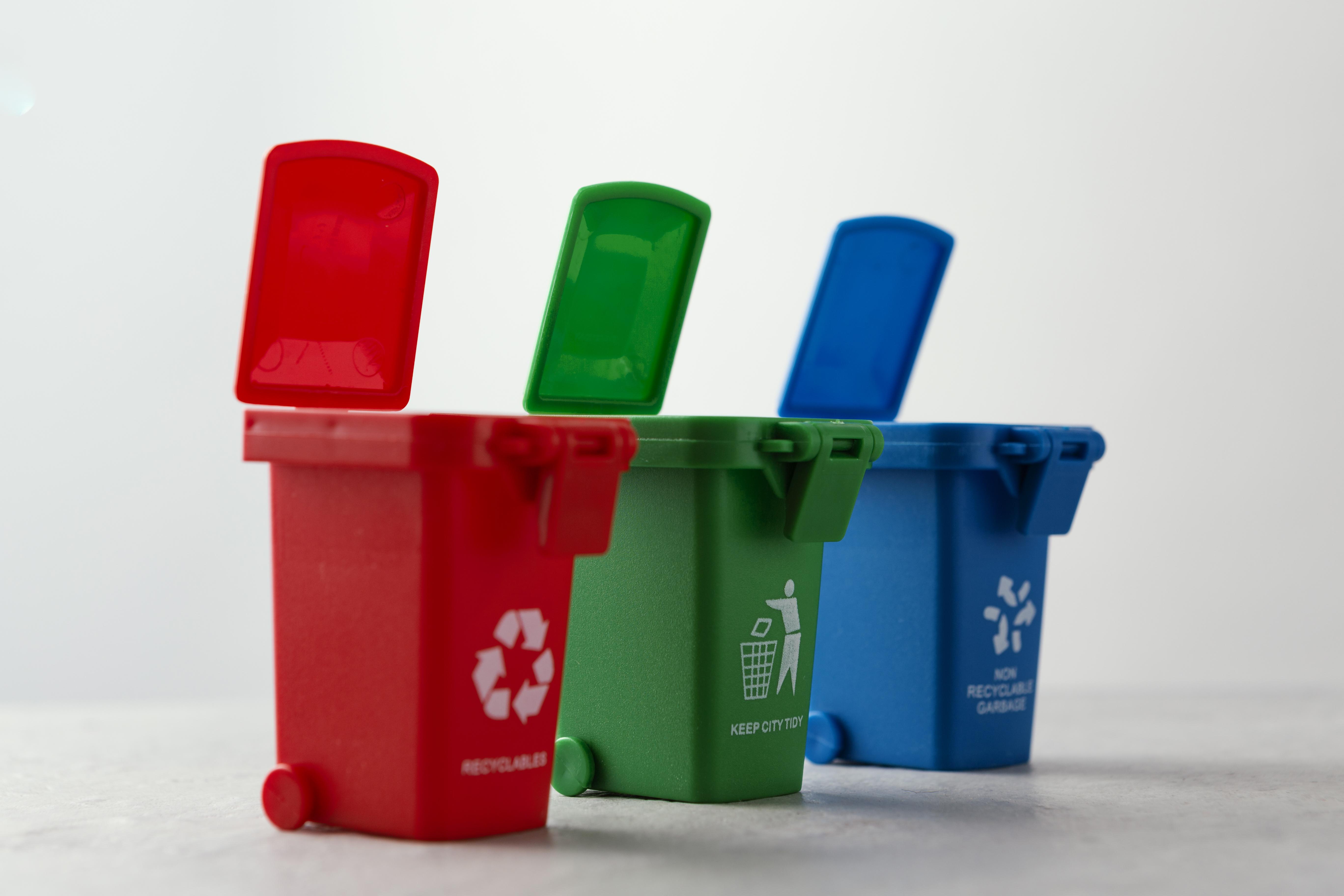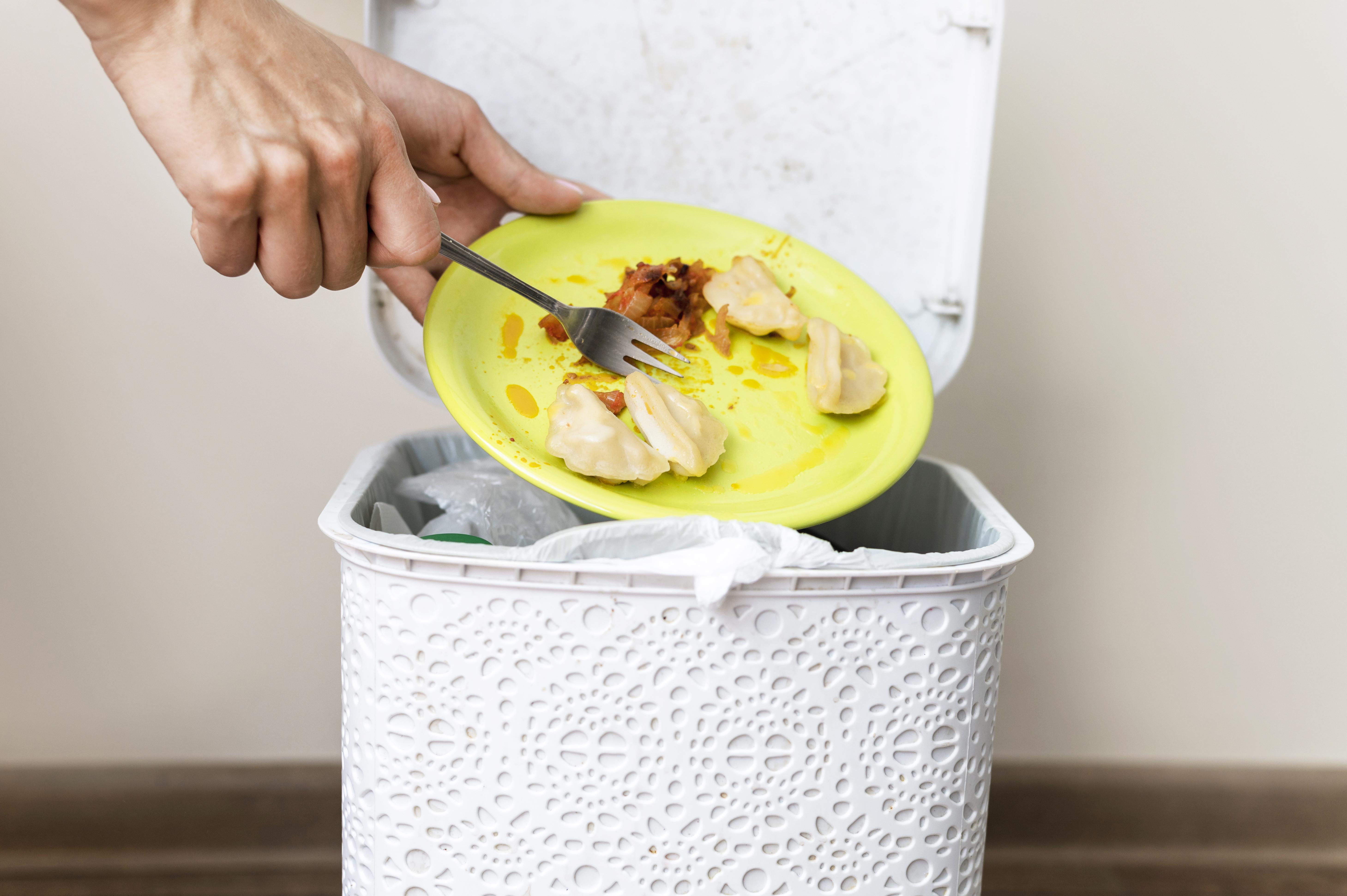Bio Dehydrators From The Past To The Present: Where Are They Used and How?

In the ongoing quest for sustainable waste management solutions, the evolution of bio dehydrators has emerged as a revolutionary step forward. These ingenious machines have transformed the way we handle food waste, offering an environmentally friendly alternative that addresses waste disposal challenges while creating a valuable resource in the form of organic fertiliser. Technological advancements over the years have allowed bio dehydrators to create circular economies in all settings from residential to large-scale commercial.
The Origins of Bio Dehydrators
The concept of using dehydration technology to manage organic waste has a relatively short history. The first commercial food waste bio dehydrators were developed in the early 2000s. Early innovations in food dehydration focused primarily on preserving and storing food for extended periods. However, over time, researchers and environmentalists recognised the potential to repurpose this technology for waste reduction and sustainability.
Where Are they Being Used and How?
Food waste dehydrators are becoming increasingly popular in South Korea as a way to reduce waste and create new products from food scraps. In 2005, South Korea banned the landfilling of food waste, which led to the development of new technologies for waste management. Food waste dehydrators were one of these technologies and they are now being used by businesses, institutions and even households in South Korea.
The Seoul Metropolitan Government has been promoting the use of food waste dehydrators in public spaces since 2013. The government has installed dehydrators in a number of public places, such as parks, community centres and apartment complexes. They are available for free to use and are becoming increasingly popular. In 2017, the Seoul Metropolitan Government estimated that food waste dehydrators had prevented the disposal of 1,200 tonnes of food waste.
The government is also promoting the use of food waste dehydrators in private homes. They have provided subsidies to help people purchase dehydrators, and have also provided information and education about the many benefits. As a result of these efforts, the use of food waste dehydrators in Korea is growing. In 2017, it was estimated that there were over 100,000 food waste dehydrators in use in Korea.
In more recent history, benchtop dehydrators have expanded into other Asian countries, too. In January 2021, distributors began selling the machines in India, Thailand, Malaysia, Indonesia and Sri Lanka. The use of food waste dehydrators in these countries is a critical step towards a greener future, with Asia alone producing 50% of the world’s food waste. The advanced technology employed in the compact, 5L dehydrators make them perfect for residential use - particularly in Asian countries where other disposal strategies such as composting are unrealistic, given the many highly-congested urban areas.
Other countries have also joined the movement towards more sustainable food waste disposal with bio dehydrators. Canada’s city of Nelson commenced a trial of bench-top dehydrators in 2020 which saw 151 residents participate. Over the course of the trial, an incredible 15 tonnes of food waste was processed and diverted from landfill. As a result of the trial’s overwhelming success, the city committed to purchasing a further 1,600 units to provide to households at no cost. If successful, this trial will then lead to all local residents of Nelson owning an Eco5 by 2024.
The use of bio dehydrators in Australia is also gaining serious momentum. Our range of advanced enrich360® dehydrators are becoming more popular in both commercial and residential settings. In Melbourne, six high-rise buildings have recently commenced a trial of the machines, allowing residents to redirect their food scraps from landfill and instead, transform them into a nutrient-rich fertiliser that is nourishing rooftop or community gardens.
In the food industry, these machines are utilised by restaurants, hotels, and catering services to process food scraps. Similarly, in the agricultural sector, bio dehydrators are becoming an integral component of modern farming practices. They are enabling Aussie farmers to transform food waste into organic fertilisers, enriching soil quality and enhancing crop yields. This closed-loop approach exemplifies the circular economy concept, where waste is transformed into resources that benefit other parts of the system.
The history of bio dehydrators for food waste reflects a journey of innovation and dedication to finding sustainable waste management solutions. From their early roots in food preservation to their current role in waste reduction and resource creation, these machines have transformed how we handle organic waste. With applications spanning industries and a mechanism grounded in scientific principles, bio dehydrators are pivotal in shaping a more environmentally conscious and sustainable future. As the adoption of bio dehydrators continues to grow across Australia and indeed the world, they stand as a testament to the power of innovation in addressing pressing environmental challenges.




